Warning: Hackers Can Hack Satellites And Turn Them Into Weapons, Causing A Catastrophy
Aadhya Khatri - Feb 20, 2020
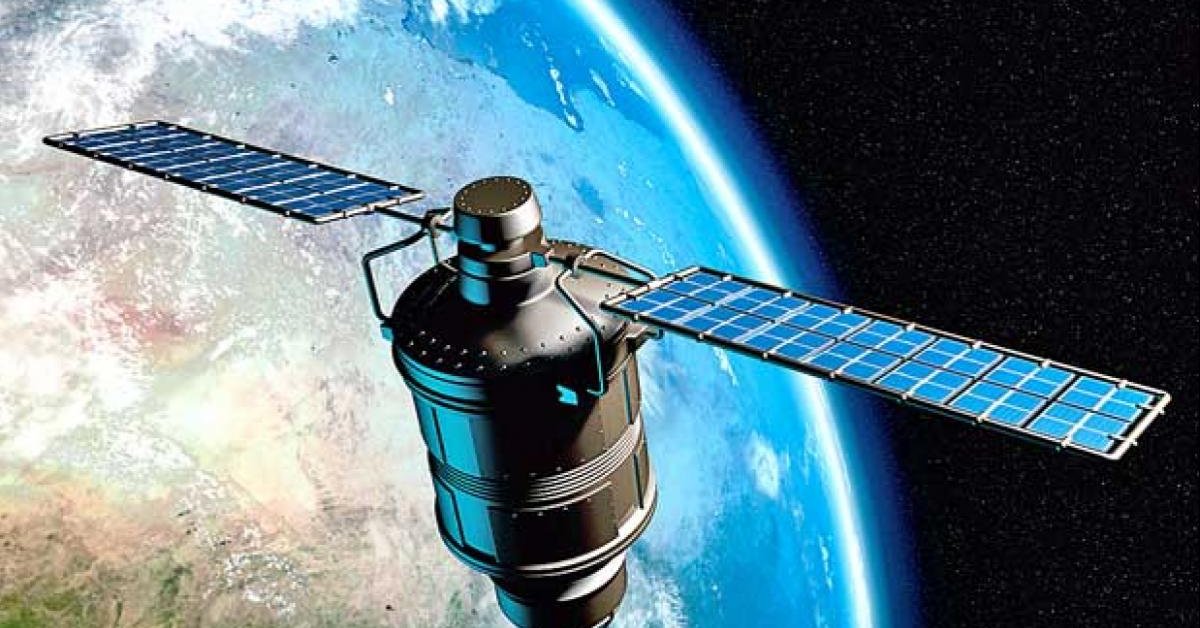
Many satellites have thrusters to change direction and speed, which makes it possible for hackers to crash them into other artificial space objects
- India Will Use Satellites To Protect Its Land And Sea
- Tamil Nadu Engineering Student Designs The World’s Lightest Satellite
- China Testing 6G Tech After Launching World’s 1st 6G Satellite
In January, SpaceX became the world’s largest operator of active satellite constellations. At the end of last month, the company has a total of 242 satellites orbiting the Earth. In the next ten years, it plans to send 42,000 more to space, part of an ambitious target to provide worldwide Internet.
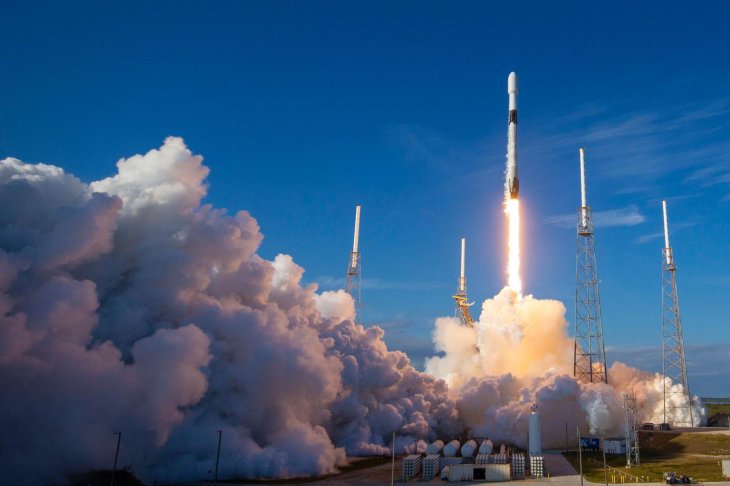
SpaceX is not the only company that is eyeing the emerging market of satellites. OneWeb, Amazon, and other companies do have their own schedules for launching. Which means we will have thousands of them floating above us in the next few months.
Satellites can revolutionize various aspects of our daily life. Some of the prime examples are offering Internet access to all parts of the Earth, improving the navigating system, and monitoring the impact of climate change.
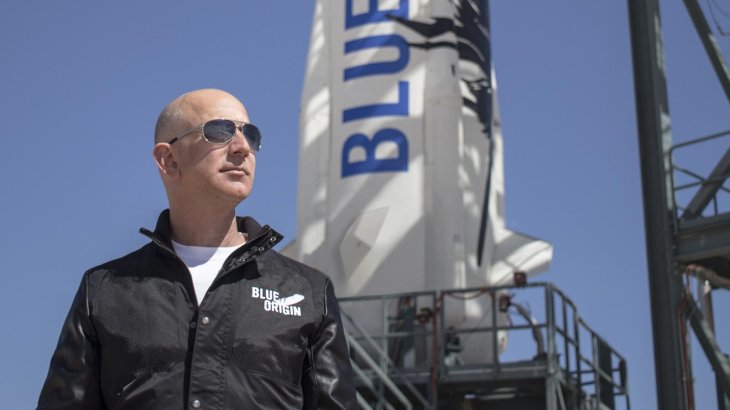
These are the possible uses of a network of satellites, but it is not without any risk. So far, cybersecurity standards and regulations are still absent for the use of them for commercial purposes.
If hackers can hack into the system that governs these satellites, we may have to face dire consequences. Some of the mildest we can think of is shutting them down so no one can have access to the service they provide. If they jam the signals, many vital infrastructures will be affected, including the power grid, the transportation system, and the water network.
Many satellites come equipped with thrusters allowing them to change direction and speed, which makes it possible for hackers to take control of them and then crash them into other artificial space objects, including the ISS.

CubeSats are the most vulnerable when it comes to hacking attempts as their makers usually use off-the-shelf components to cut costs. If these parts are widely available, there is a chance that hackers can get their hands on them to analyze and prepare for an attack.
Many of the satellites even use open-source technology, making it easy for bad actors to infect their software with malware.
Not many manufacturers can produce satellites on their own, they usually need other firms’ technologies. Launching them into orbit is also complicated and calls for the collaboration of many different companies. Even the organization that owns them may outsource the daily management to some other firms. With that many vendors involved, it is hard to make sure that all of the parties will keep details of the satellite's secret.
Hacking a satellite is not as hard as many people think. For small CubeSats, the process can be as easy as waiting for the target to pass overhead and then use an antenna to send malicious software to it. More sophisticated satellites are not so challenging to hack either.
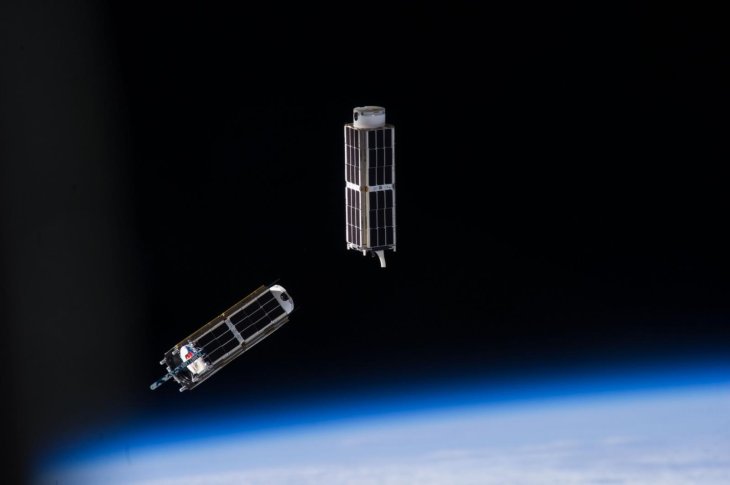
Satellites are usually controlled from stations on the ground. What hackers could do is to hack the computers in charge of the job and then send malicious commands.
A History Of Hacks
Hackers have attempted to hack satellites before. In 1998, they successfully gained control over the ROSAT X-Ray of German and the U.S. What they did was to infiltrate into the system of control at the Goddard Space Flight Center and then instruct the satellite to aim the solar panels at the Sun, which later fried its batteries.
The ROSAT X-Ray could no longer work after that incident and in 2011, it crashed onto the Earth's surface.
Another possible scenario is hackers holding satellites and ask for ransom. This played out in 1999 when some bad actors took over the SkyNet satellites of the U.K.

The threat of cyberattacks on satellites grows worse in the last few years. Back in 2008, a group of hackers took control of two NASA satellites, one for two minutes and the other for nine minutes. 10 years later, some hackers attacked defense contractors and satellite operators.
The majority of nations that have active satellites have no cybersecurity standards. Even if we do have them, there is no current mechanism that can be used to enforce them.
Market Forces Work Against Space Cybersecurity
SpaceX is in a fierce competition to be the biggest satellite operator and what it and other companies are trying to do is to cut costs as well as speed up production and development. This might be the reason for those firms to put cybersecurity behind making and getting these satellites into orbit.
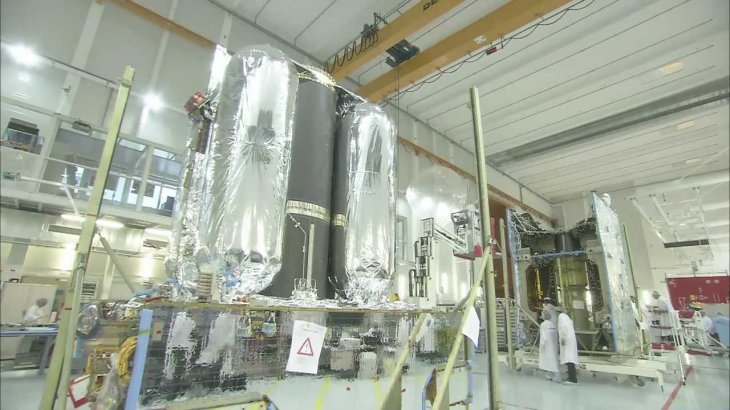
Even if these companies worry about the possibility of being hacked, the high cost of guarantee safety might be too high for them to handle. In many cases, the cost to ensure cybersecurity even exceeds that of the satellite itself.
To make matter worse, the supply chain that involves several parties might make it impossible to find out who is at fault for the security breach.
Regulation Is Required
Several analysts have suggested that governments should involve in the making and operating of satellites and other space assets.
Governments could also make it compulsory for private companies to report cyber breaches. Whatever the measures, actions must be taken now before hackers launch another attack targeting a satellite and cause a consequence that we cannot afford to have.
>>> Two Indian Men Will Launch Satellites To Help Improve Crops For Farmers
Featured Stories

Features - Jan 29, 2026
Permanently Deleting Your Instagram Account: A Complete Step-by-Step Tutorial

Features - Jul 01, 2025
What Are The Fastest Passenger Vehicles Ever Created?

Features - Jun 25, 2025
Japan Hydrogen Breakthrough: Scientists Crack the Clean Energy Code with...

ICT News - Jun 25, 2025
AI Intimidation Tactics: CEOs Turn Flawed Technology Into Employee Fear Machine

Review - Jun 25, 2025
Windows 11 Problems: Is Microsoft's "Best" OS Actually Getting Worse?

Features - Jun 22, 2025
Telegram Founder Pavel Durov Plans to Split $14 Billion Fortune Among 106 Children

ICT News - Jun 22, 2025
Neuralink Telepathy Chip Enables Quadriplegic Rob Greiner to Control Games with...

Features - Jun 21, 2025
This Over $100 Bottle Has Nothing But Fresh Air Inside

Features - Jun 18, 2025
Best Mobile VPN Apps for Gaming 2025: Complete Guide

Features - Jun 18, 2025
A Math Formula Tells Us How Long Everything Will Live
Read more

Gadgets- Feb 27, 2026
Top Budget-Friendly WiFi Routers for 2026
In today's connected world, a reliable WiFi router is essential for streaming, gaming, and working from home.

ICT News- Mar 01, 2026
Samsung Links Galaxy S26 Price Hikes to AI Memory Supply Issues
This development highlights the broader challenges faced by the tech industry as it integrates artificial intelligence into everyday consumer electronics.

ICT News- Feb 28, 2026
Anthropic Blacklisted by US Department of War: Trump Orders Federal Ban Over AI Safeguards Dispute
The story is developing. Federal agencies have been instructed to begin transition planning immediately.
Comments
Sort by Newest | Popular